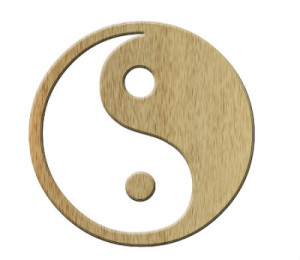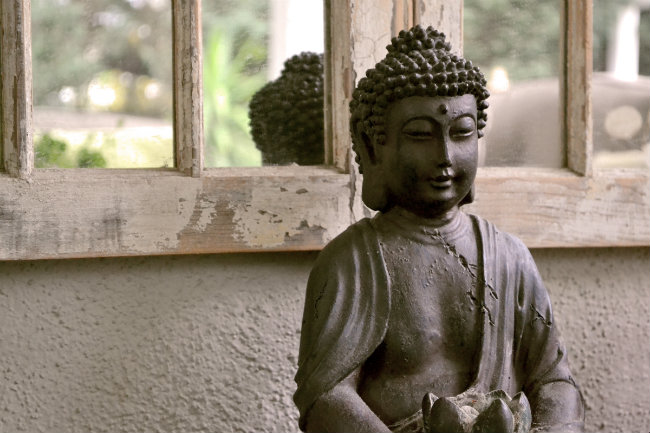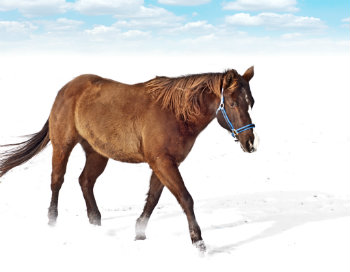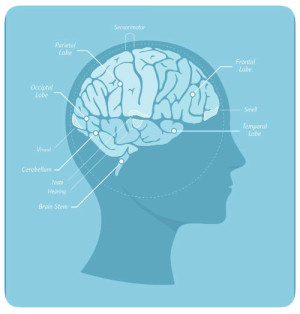 Yin Yang Theory I’ve had a lot of people ask me what the TCM theory of yin and yang is all about. Yin and yang is a theory of the balance of opposition. So here it is….a simple video to explain it. Enjoy! ...
Yin Yang Theory I’ve had a lot of people ask me what the TCM theory of yin and yang is all about. Yin and yang is a theory of the balance of opposition. So here it is….a simple video to explain it. Enjoy! ...
 “The doctor of the future will give no medication, but will interest his patients in the care of the human frame, diet and in the cause and prevention of disease. ” ~ Thomas Edison I have been in practice for well over ten years now and have learned so much about health, people, patterns and the human body. When I was a student I was intrigued by so many of the concepts and mysteries of Traditional Chinese Medicine. I was fascinated with every facet of it. How could a person be diagnosed by changes in the pulse, tongue and complexion? How could personality traits indicate with great accuracy the type of illness a person would be susceptible to? There were so many questions and mystery. I was in awe of it all. As the years went by and I treated more and more people, I began to really understand TCM. It was not magical or mysterious, it was based on concrete observable patterns. Yes, the tongue does reflect the health with great accuracy. The tongue is an extension of the esophagus which connects to the stomach. Inflammation and acidity that originate in the stomach will show on the tongue. It’s not a mystery just simple observation; like paleness under the eyelid when a person is anemic. If you see hundreds of tongues, after awhile you see patterns. The part reflects the whole. TCM diagnosis and treatment is the culmination of 2000 years of careful observation and recognition of patterns in the body. The tongue is only one method of ‘reading’ the body. The pulse, complexion, voice, body type, hair...
“The doctor of the future will give no medication, but will interest his patients in the care of the human frame, diet and in the cause and prevention of disease. ” ~ Thomas Edison I have been in practice for well over ten years now and have learned so much about health, people, patterns and the human body. When I was a student I was intrigued by so many of the concepts and mysteries of Traditional Chinese Medicine. I was fascinated with every facet of it. How could a person be diagnosed by changes in the pulse, tongue and complexion? How could personality traits indicate with great accuracy the type of illness a person would be susceptible to? There were so many questions and mystery. I was in awe of it all. As the years went by and I treated more and more people, I began to really understand TCM. It was not magical or mysterious, it was based on concrete observable patterns. Yes, the tongue does reflect the health with great accuracy. The tongue is an extension of the esophagus which connects to the stomach. Inflammation and acidity that originate in the stomach will show on the tongue. It’s not a mystery just simple observation; like paleness under the eyelid when a person is anemic. If you see hundreds of tongues, after awhile you see patterns. The part reflects the whole. TCM diagnosis and treatment is the culmination of 2000 years of careful observation and recognition of patterns in the body. The tongue is only one method of ‘reading’ the body. The pulse, complexion, voice, body type, hair...
 Happy ‘Year of the Horse’! The Chinese zodiac is based on a twelve year cycle. Each year in the cycle is named after an animal and associated with an element. The elements are earth, water, metal, fire and wood. In Traditional Chinese Medicine there is a form of treatment based on the five elements known as “Five Element” acupuncture. A person’s ‘element’ is identified based on their constitution and health patterns. Each element is associated with different organs in the body and has associated strengths and weaknesses. As for the Chinese zodiac, today marks the beginning of the year of the horse (‘wood’ element). People born in the year of the horse are said to be social, active, energetic and positive! The year of the horse is supposed to be an important one and a time of good health. May your 2014 hold much health and...
Thank you so much to everyone who came to the first class of the winter Qi Gong session. There was a mixture of beginners, some expert practitioners and even a few out-of-towner’s and I think everyone would agree that the room was buzzing with vibrant Qi! While this is a six week class feel free to drop in when you can and don’t worry if you can’t make all of the classes. The main focus of the classes is to practice so just come when you can! I did a 5 minute introduction to the concept of Qi Gong but if you would like to know more I will be uploading a video on YouTube that goes into a little bit more depth in the next little while so stay tuned. If you haven’t already done so please feel free to ‘like’ our Facebook page or subscribe to our newsletter to get updates, info and inspiration. I look forward to seeing you all next week and thank you for helping build a great “Communi-Qi!” -Jeffrey...
Happy ‘Year of the Horse’! The Chinese zodiac is based on a twelve year cycle. Each year in the cycle is named after an animal and associated with an element. The elements are earth, water, metal, fire and wood. In Traditional Chinese Medicine there is a form of treatment based on the five elements known as “Five Element” acupuncture. A person’s ‘element’ is identified based on their constitution and health patterns. Each element is associated with different organs in the body and has associated strengths and weaknesses. As for the Chinese zodiac, today marks the beginning of the year of the horse (‘wood’ element). People born in the year of the horse are said to be social, active, energetic and positive! The year of the horse is supposed to be an important one and a time of good health. May your 2014 hold much health and...
Thank you so much to everyone who came to the first class of the winter Qi Gong session. There was a mixture of beginners, some expert practitioners and even a few out-of-towner’s and I think everyone would agree that the room was buzzing with vibrant Qi! While this is a six week class feel free to drop in when you can and don’t worry if you can’t make all of the classes. The main focus of the classes is to practice so just come when you can! I did a 5 minute introduction to the concept of Qi Gong but if you would like to know more I will be uploading a video on YouTube that goes into a little bit more depth in the next little while so stay tuned. If you haven’t already done so please feel free to ‘like’ our Facebook page or subscribe to our newsletter to get updates, info and inspiration. I look forward to seeing you all next week and thank you for helping build a great “Communi-Qi!” -Jeffrey...
 Scalp acupuncture can stimulate damaged areas of brain Scalp acupuncture is a relatively modern application of Traditional Chinese Medicine. It incorporates the concepts of neuroanatomy and brain function. Tiny needles are inserted along the scalp over the affected area of the brain to improve corresponding motor and sensory functions. For example, if a person is experiencing post-stroke weakness in their right foot, then treatment would be applied to the area of the scalp overlying the foot motor-sensory area of the brain. In this case, the left side would be treated as it affects the right side of the body. This technique is most often used in the treatment of post-stroke paralysis, MS, Parkinson’s or serious head injuries. Scalp acupuncture can also be used for improvement of anxiety, depression and developmental disorders. Scalp acupuncture is gentle as the needles are very thin and inserted at a shallow depth. It has a positive affect on brain function while inducing a state of calm and relaxation. It is one of the most relaxing forms of therapeutic acupuncture. Needles are left in for approximately 15-30 minutes with intermittent stimulation while the person is resting. Effects can sometimes be noticed within twenty minutes of treatment. Most patients report feeling calm and relaxed afterwards. Scalp acupuncture is most effective when applied 2-3 times per week. Kristina Chand-Hanson, BHSc,...
Scalp acupuncture can stimulate damaged areas of brain Scalp acupuncture is a relatively modern application of Traditional Chinese Medicine. It incorporates the concepts of neuroanatomy and brain function. Tiny needles are inserted along the scalp over the affected area of the brain to improve corresponding motor and sensory functions. For example, if a person is experiencing post-stroke weakness in their right foot, then treatment would be applied to the area of the scalp overlying the foot motor-sensory area of the brain. In this case, the left side would be treated as it affects the right side of the body. This technique is most often used in the treatment of post-stroke paralysis, MS, Parkinson’s or serious head injuries. Scalp acupuncture can also be used for improvement of anxiety, depression and developmental disorders. Scalp acupuncture is gentle as the needles are very thin and inserted at a shallow depth. It has a positive affect on brain function while inducing a state of calm and relaxation. It is one of the most relaxing forms of therapeutic acupuncture. Needles are left in for approximately 15-30 minutes with intermittent stimulation while the person is resting. Effects can sometimes be noticed within twenty minutes of treatment. Most patients report feeling calm and relaxed afterwards. Scalp acupuncture is most effective when applied 2-3 times per week. Kristina Chand-Hanson, BHSc,...





